Are Cornflakes Good For Diabetes?
Discover how a crunchy breakfast choice can impact blood sugar and overall health.
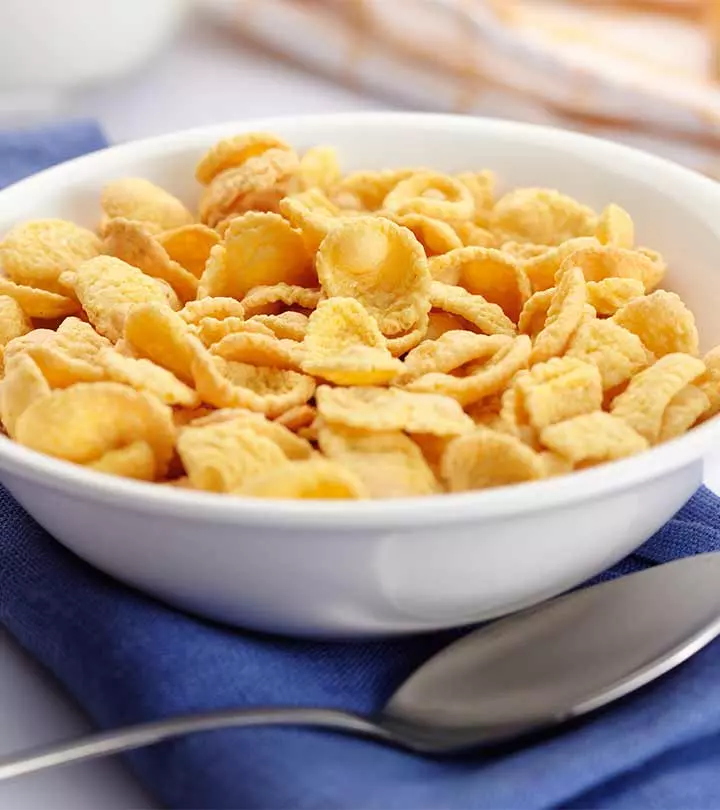
Image: ShutterStock
Are you a diabetic patient? If so, then, you must be very much careful about what you eat. Lately, a fad for eating packaged foods offering high nutrition and vitamins sans any calories is on the rise. And one of the most popular packaged breakfast options is cornflakes.
But then, is cornflakes the right food for diabetics? Does it help in the treatment of diabetes? This post has the answers. Read on to know more!
In This Article
Are Cornflakes A Health Food?
Breakfast is necessary for everyone as it provides the required amount of energy necessary to sail comfortably through the day. Mornings are tough and hectic, and hence, many households opt for instant fix breakfast. But using milk and cornflakes as a healthy breakfast cereal is a bad choice because cornflakes are not exactly a health food.
Cornflakes are made up of corn, malt flavoring, sugar and high fructose corn syrup. Most of the cornflakes brands in the market have high Glycemic index (GI), which increases the risk of diabetes (1).
Diabetes And Glycemic Index
To understand the negative effect of cornflakes on diabetics, it is very important to know about Glycemic index. The GI is used to measure how a carbohydrate rich food increases the level of glucose in the blood (2). It means, food with high GI raises the blood glucose levels more than a food having low or medium GI.
Hence, diabetic patients need to choose foods that have medium or low GI and plan their meals accordingly (3). In case you are eating a high GI food in your meal in the morning, you must balance it by eating low GI food in the evening. Cornflakes, as mentioned earlier, are rich in carbohydrates. Hence, they have high GI, which means they are not good for diabetes patients.
Low Protein Food – Cornflakes
Cornflakes are a low protein food, which although makes you feel satiated after completing the meal, brings back the hunger pangs after a few hours. Although low in fat, the high sugar content encourages the body to store fat. You will find many cornflakes brands promoting the product to be ideal for weight loss. However, it works only if you restrict your intake to smaller portions. Eating cornflakes in high amounts can rather make you gain weight and raises your sugar levels.
Further adding honey or sugar to the cereal increases the sugar content, putting you more at risk of gaining weight. It is a fact that cells need glucose for survival. However; too much consumption can increase the GI leading to health problems in diabetic patients.
Foods With Low GI
To avoid the inclusion of foods with high GI in meals, diabetes patients should add legumes, dried beans, non-starchy vegetables, some starchy vegetables such as sweet potatoes and fruits and whole grain breads and cereals to their daily diet. Even meats and fats can be included in the meal, as they do not contain carbohydrates.
So, Are Cornflakes Good For Diabetics?
According to the American Heart Association (AHA), added sugars contribute zero nutrients and empty calories leading to obesity, reducing heart health, and increasing GI. Processed foods contain high sugar, and hence most of these foods come under the high glycemic category. Cornflakes are a type of processed foods with high sugar content as well as a high GI of 82. This contributes in increasing the levels of blood sugar, in turn increasing the risk of type 2 diabetes.
When the blood sugar levels increase, they create a need for insulin, which further makes the body vulnerable to type 2 diabetes.
So, although cornflakes are not completely unhealthy, they do aggravate health conditions such as diabetes and heart problems and hence should be avoided as a regular breakfast food.
We hope this post has helped you. Let us know your opinions by commenting in the box below.
Read full bio of Tanya Choudhary



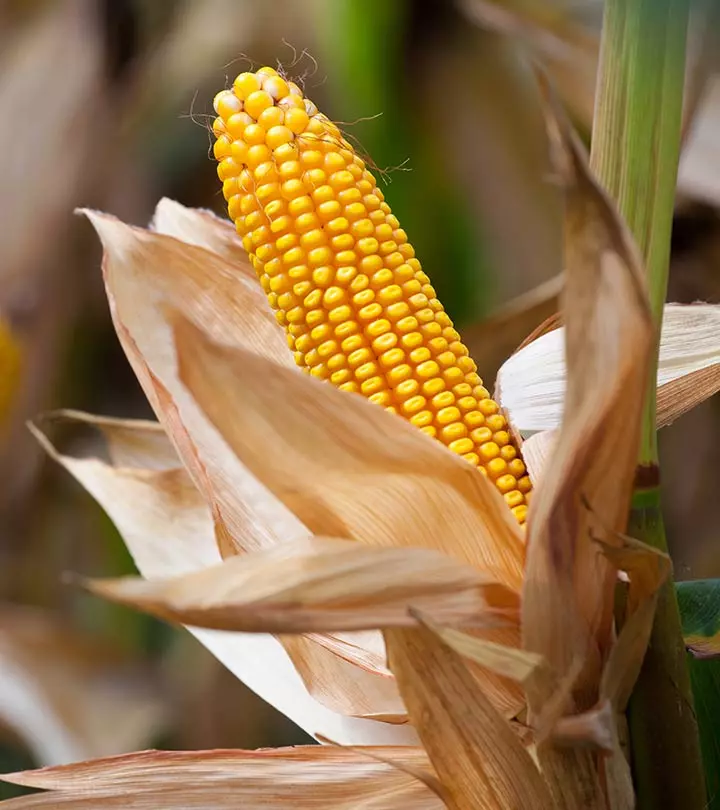



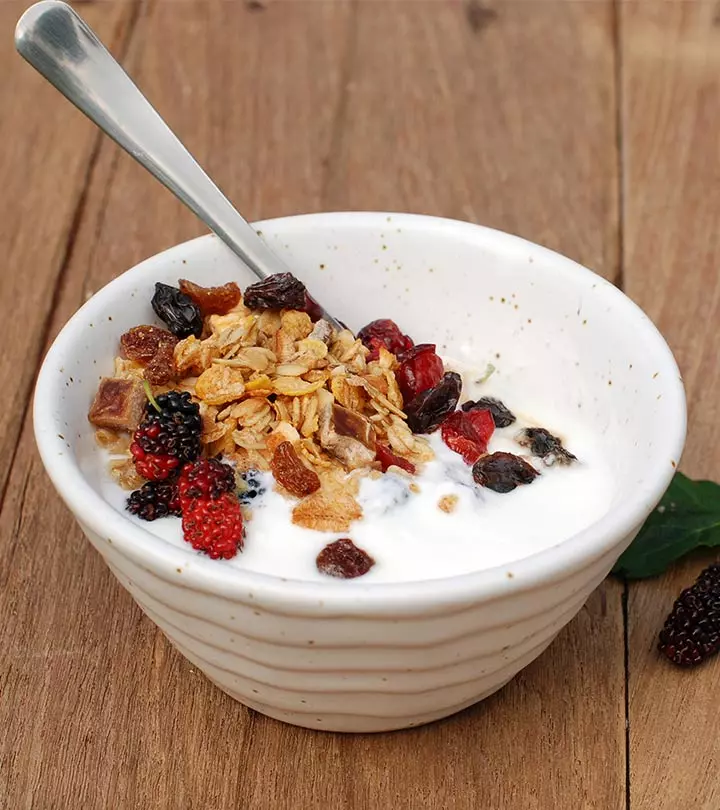
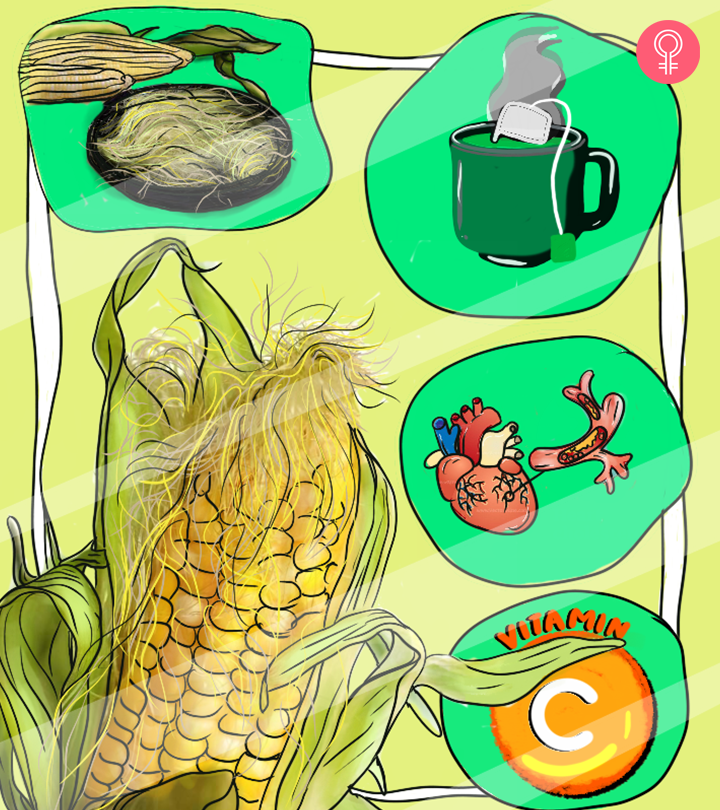



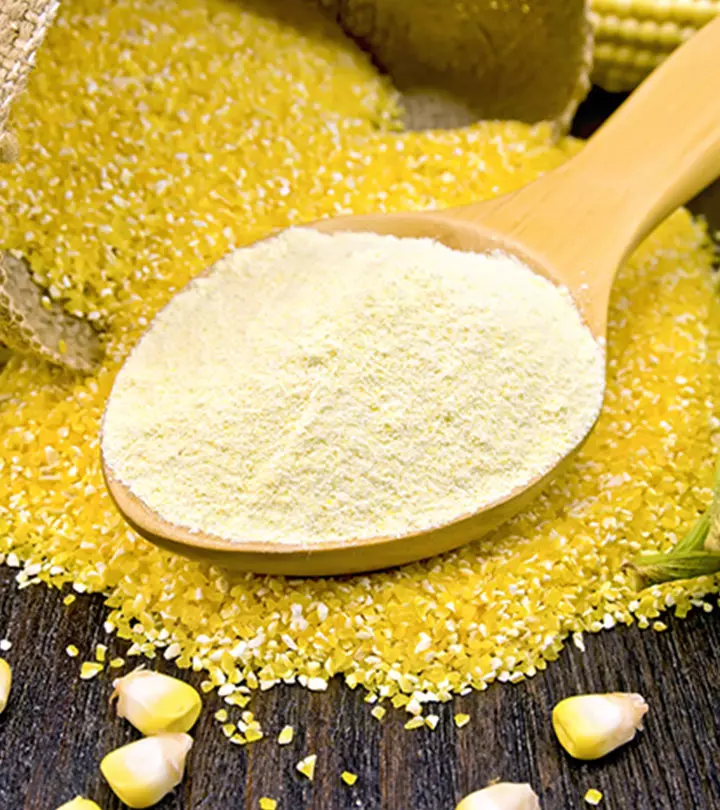

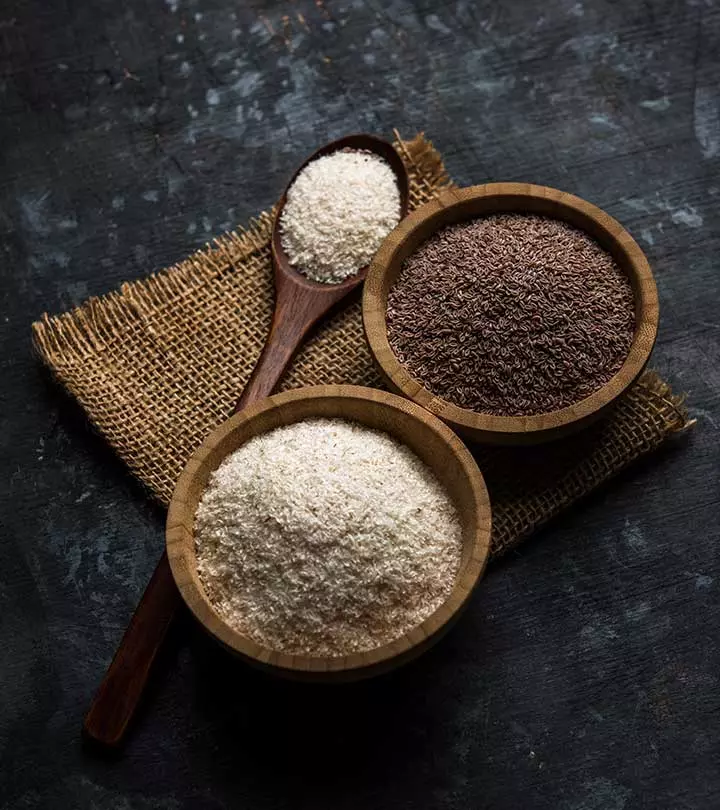


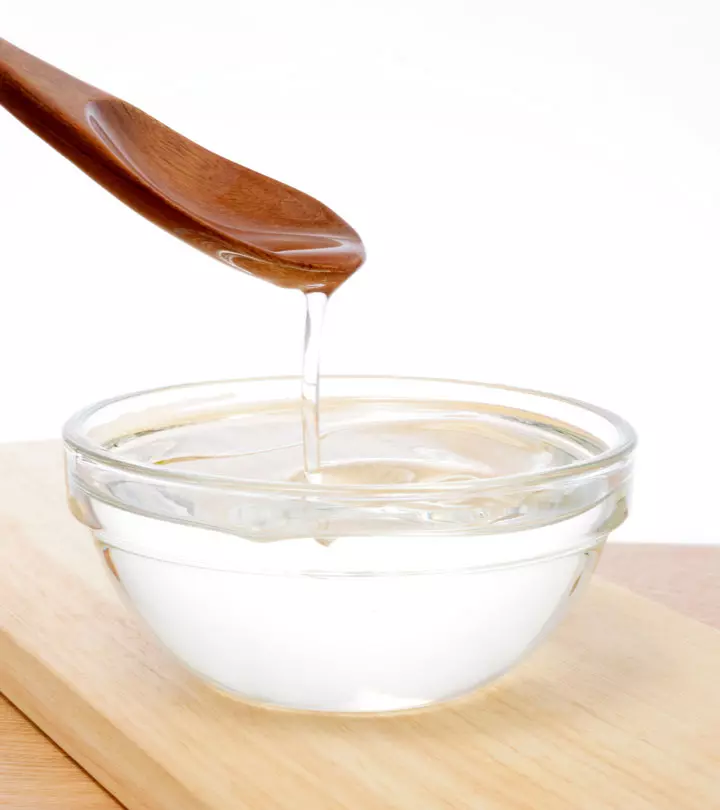






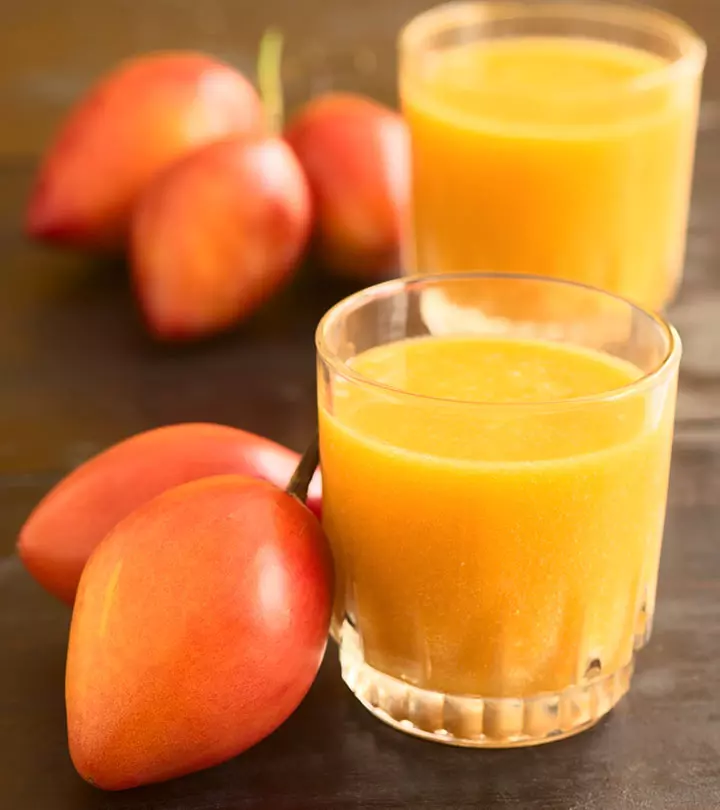
Community Experiences
Join the conversation and become a part of our empowering community! Share your stories, experiences, and insights to connect with other beauty, lifestyle, and health enthusiasts.